Everything is bigger in Texas, including efforts to study brain injuries in young athletes. The state, in partnership with University of Texas Southwestern Medical Center, announced the launch of a study yesterday that will track every brain injury suffered by Texas’ more than 800,000 public high school athletes in over 20 sports. It will be the largest statewide study of its kind.
The project comes as pressure increases to confront youth football’s underestimated role in long-term brain damage, partially sparked by a recent wrongful death lawsuit filed against Pop Warner. It also comes as a growing body of research shows that brain damage is not restricted to football.
“Until we understand what the frequency of concussions is across the state, or a region of the state, we can’t determine when rule changes, equipment changes or things like recovery programs are really being effective,” Dr. Munro Cullum, a professor of psychiatry, neurology and neurotherapeutics who will lead the study, told the Associated Press.
Scientists have taken few steps to develop treatments for these types of brain injuries, partly because they still don’t understand the scale. The Centers for Disease Control and Prevention is seeking federal funding for a national database tracking concussions, but meanwhile, the Texas study is a major step toward diagnosing the problem. The University Interscholastic League, the state’s governing body for public high school sports, hopes to use the data to evaluate how rule or equipment changes can improve player safety.
“Right now (concussion data is) a sample that is just a snapshot,” UIL deputy director Jamey Harrison said. “We need to move beyond that.”
News of this study also comes the same week that the Supreme Court declined to hear an appeal of a concussion-related class action settlement between the NFL and more than 20,000 retired players. The settlement will cover medical benefits for players who suffered concussions and related injuries, costing the NFL up to $1 billion. However, some ex-players argued the decision was insufficient because it did not cover the degenerative brain disease known as chronic traumatic encephalopathy (CTE) and for excluding current retirees who don’t yet have neurological problems.
“We look forward to working … to implement the settlement and provide the important benefits that our retired players and their families have been waiting to receive,” the NFL said in a statement.








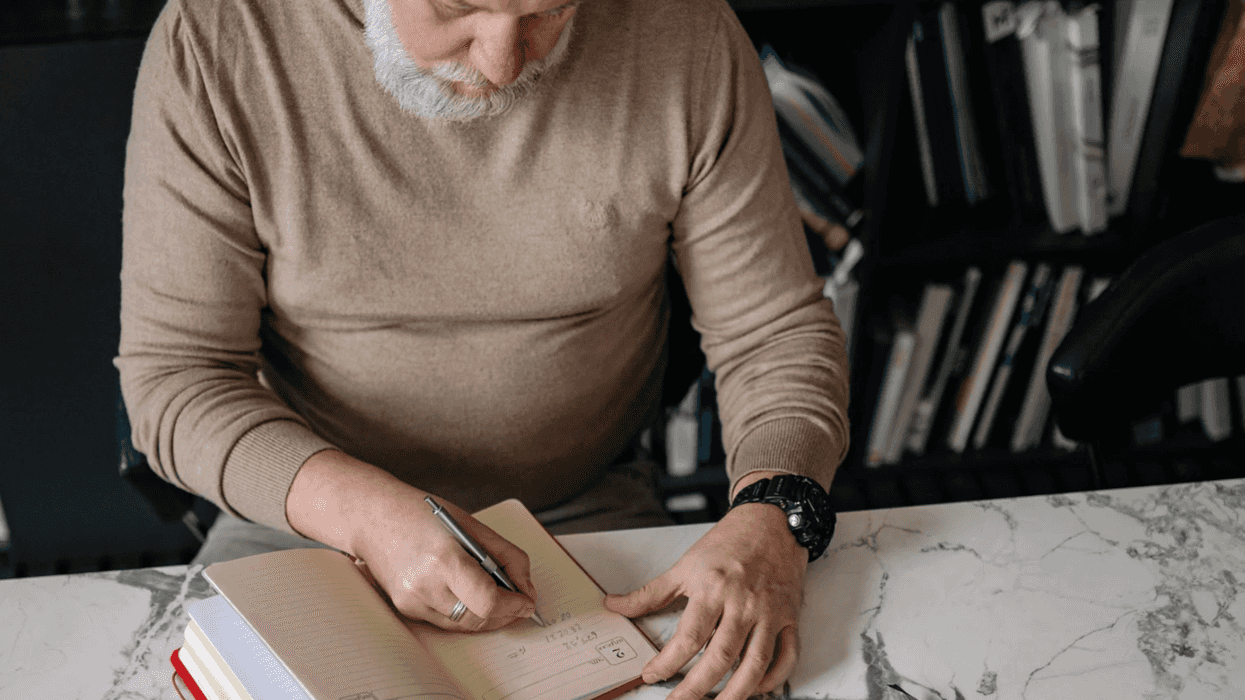






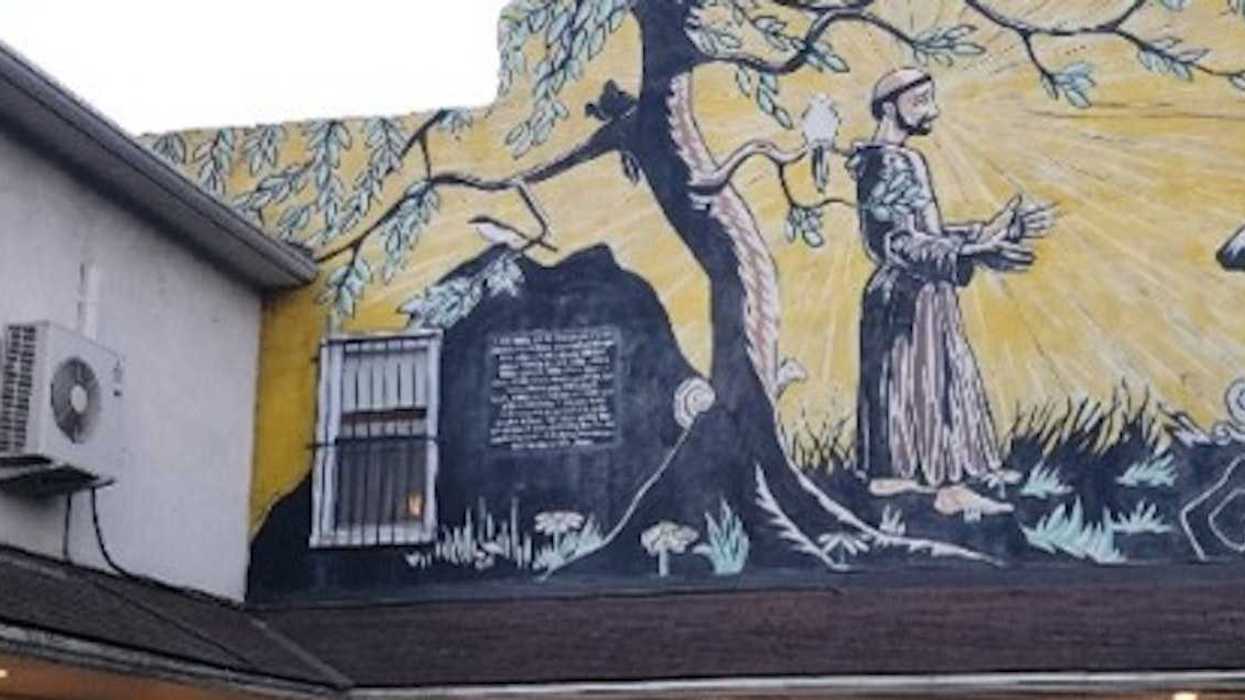
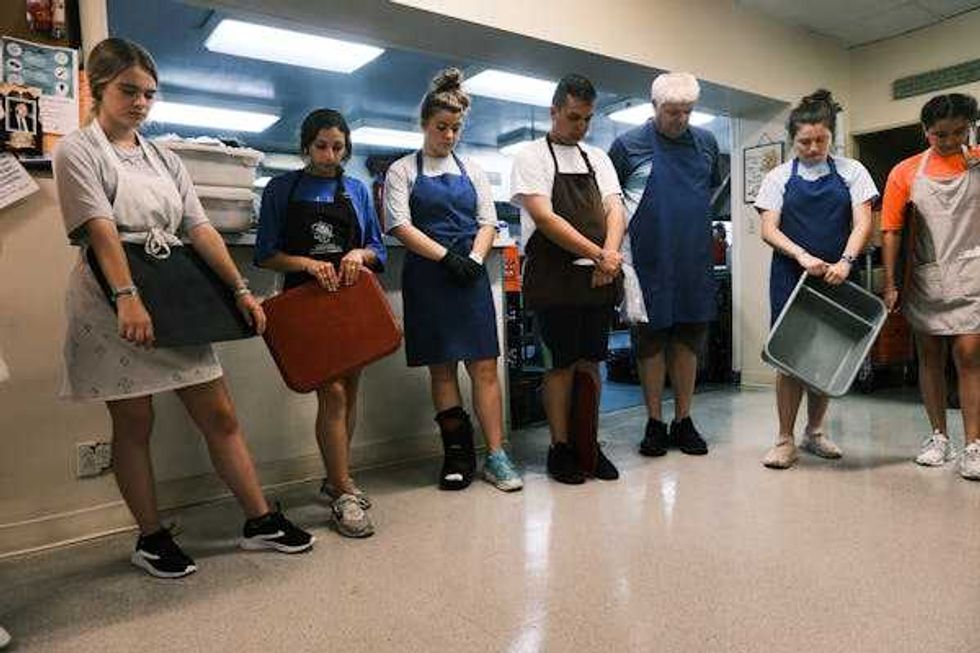 Volunteers at the St. Francis Inn pray together before serving a meal on July 19, 2021.
Volunteers at the St. Francis Inn pray together before serving a meal on July 19, 2021.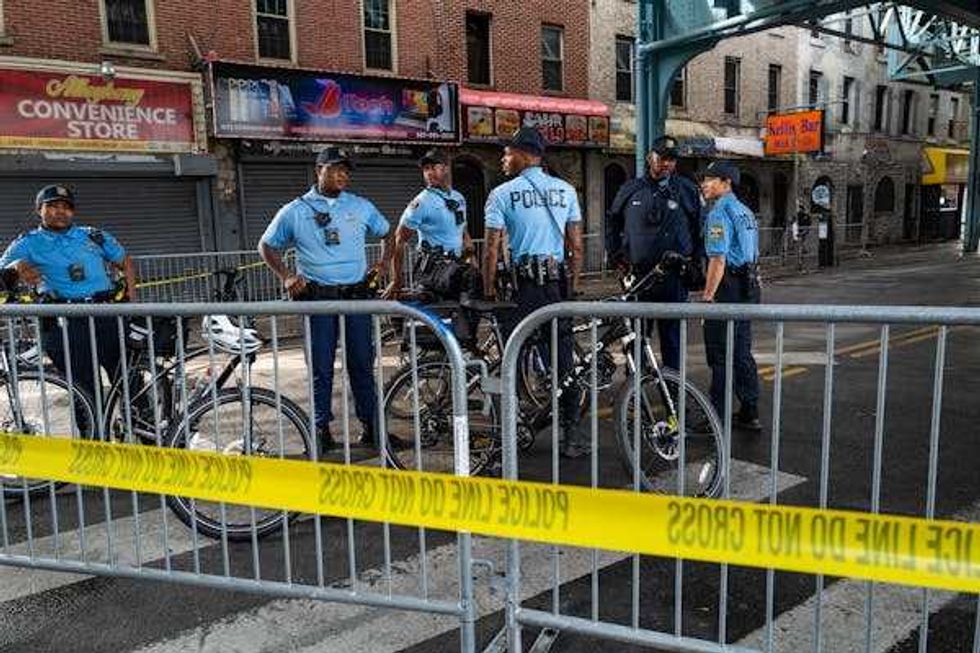 Police close down a section of Kensington Avenue to clear a homeless encampment on May 8, 2024.
Police close down a section of Kensington Avenue to clear a homeless encampment on May 8, 2024.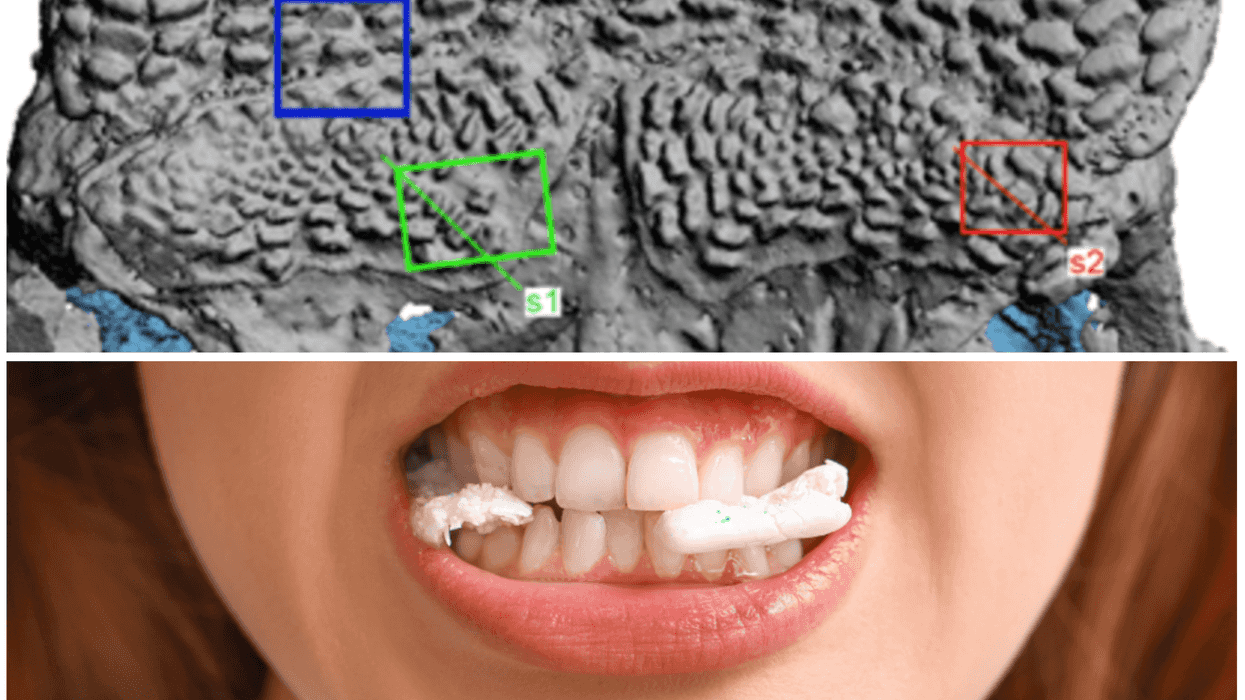
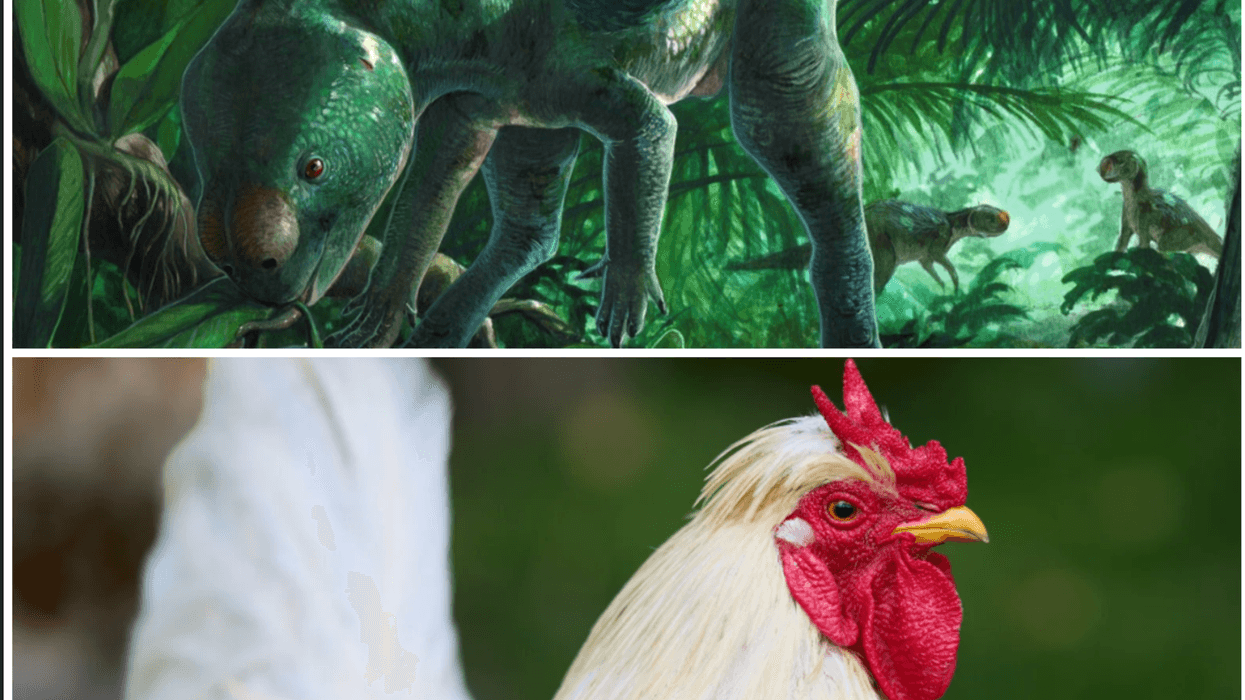
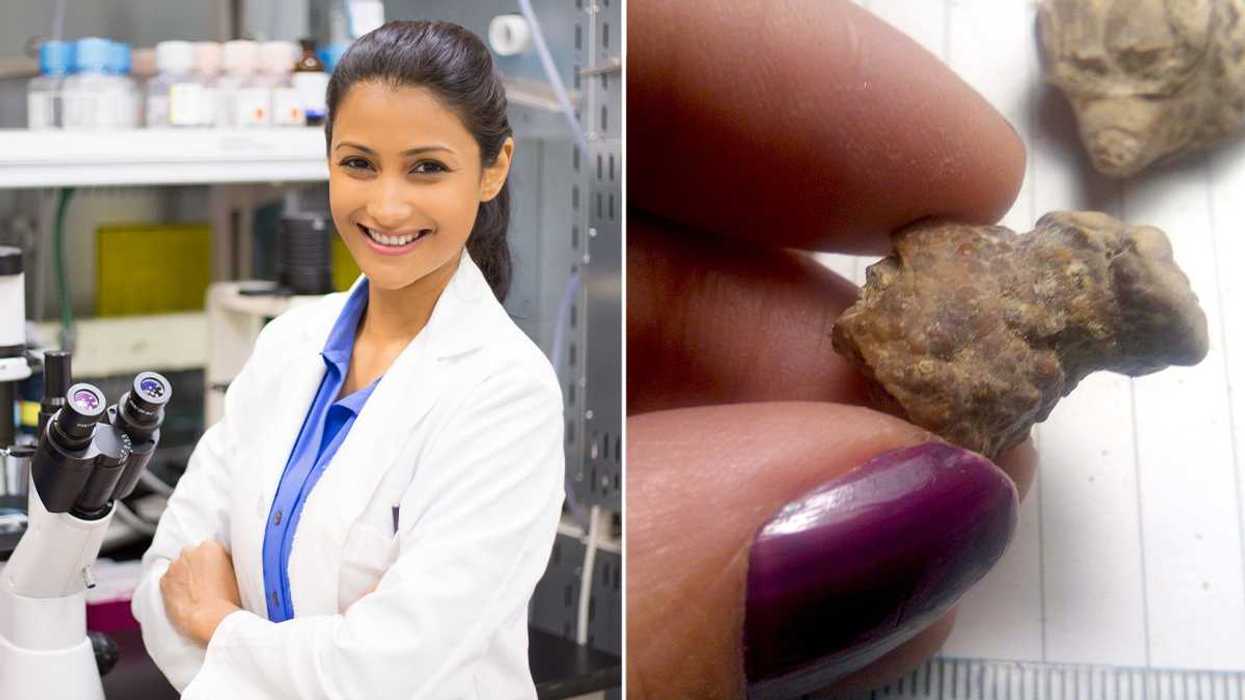
 Left: A robotic arm. Right: Rice grains.Photo credit:
Left: A robotic arm. Right: Rice grains.Photo credit: 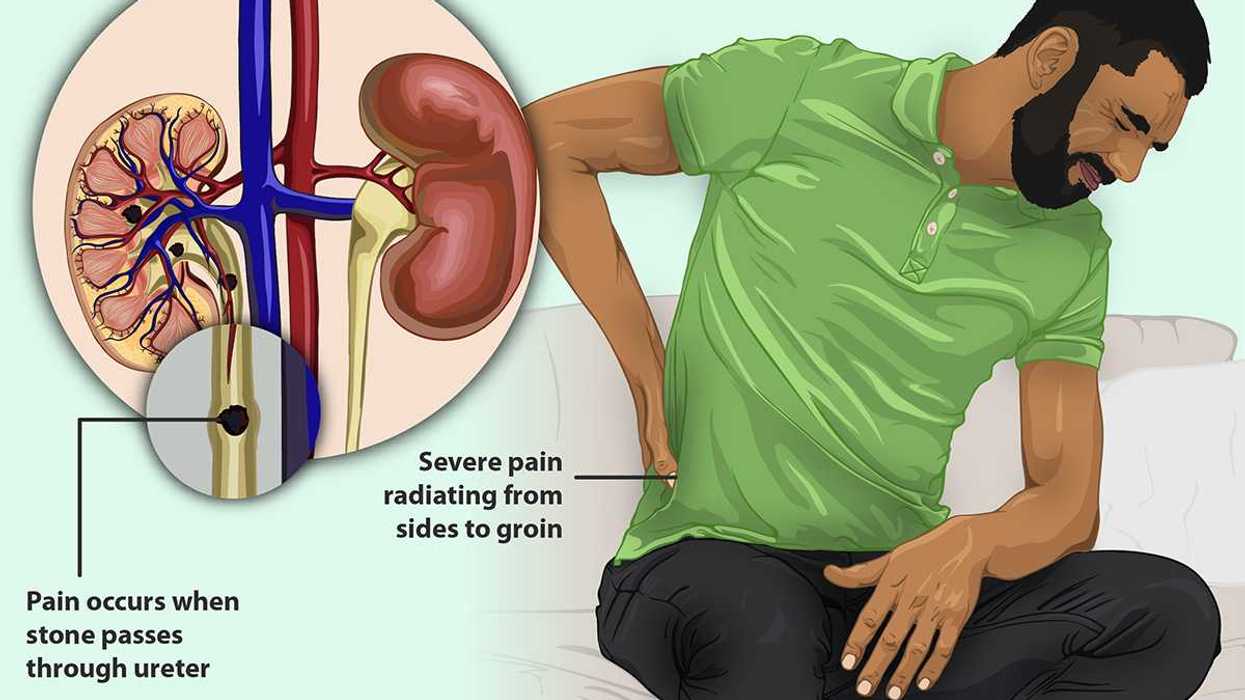 A diagram on kidney stones.myupchar/
A diagram on kidney stones.myupchar/ 
 A young person doing their monthly budgetCanva
A young person doing their monthly budgetCanva
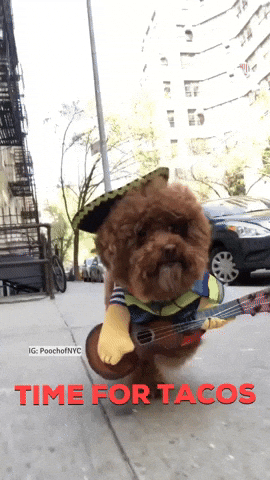 Gif of little dog holding guitar with caption "Time For Tacos" via
Gif of little dog holding guitar with caption "Time For Tacos" via 
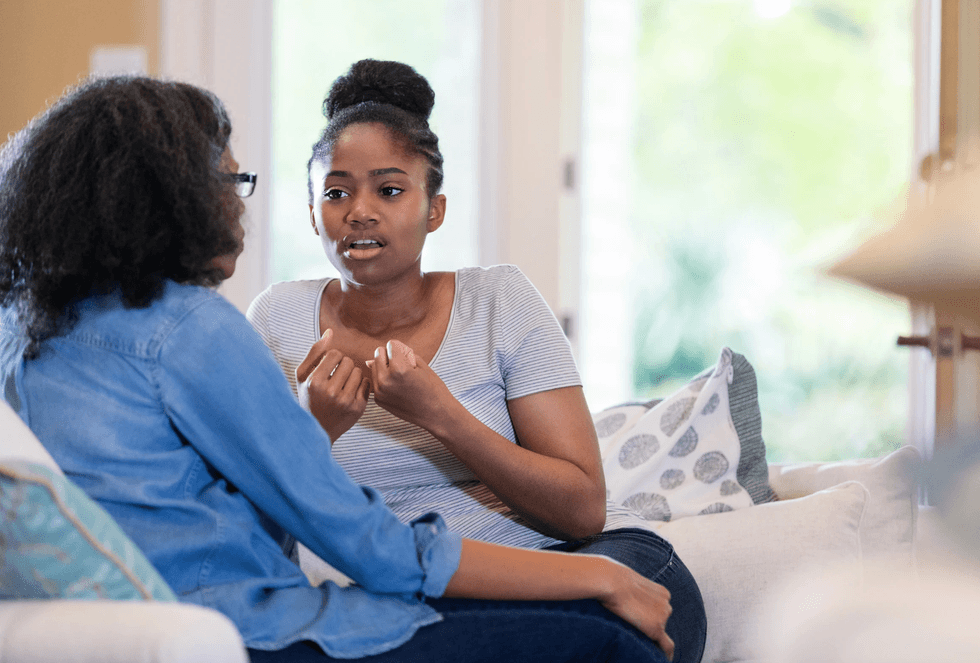 A couple engages in a serious conversationCanva
A couple engages in a serious conversationCanva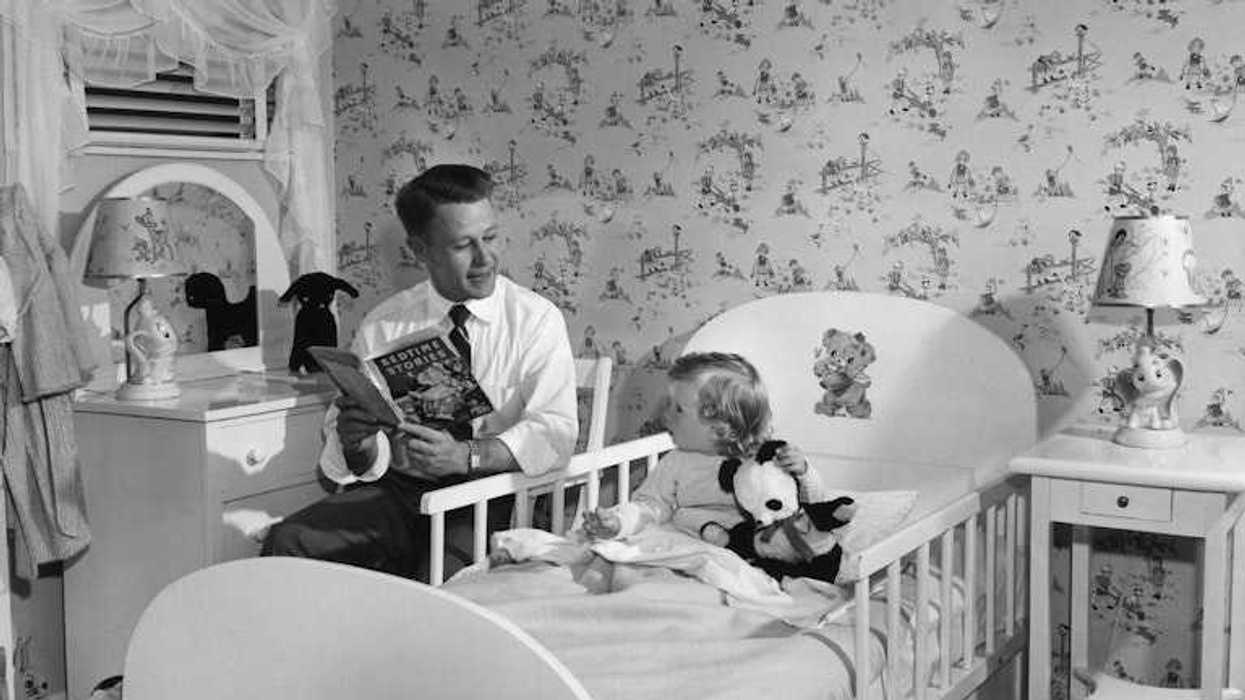
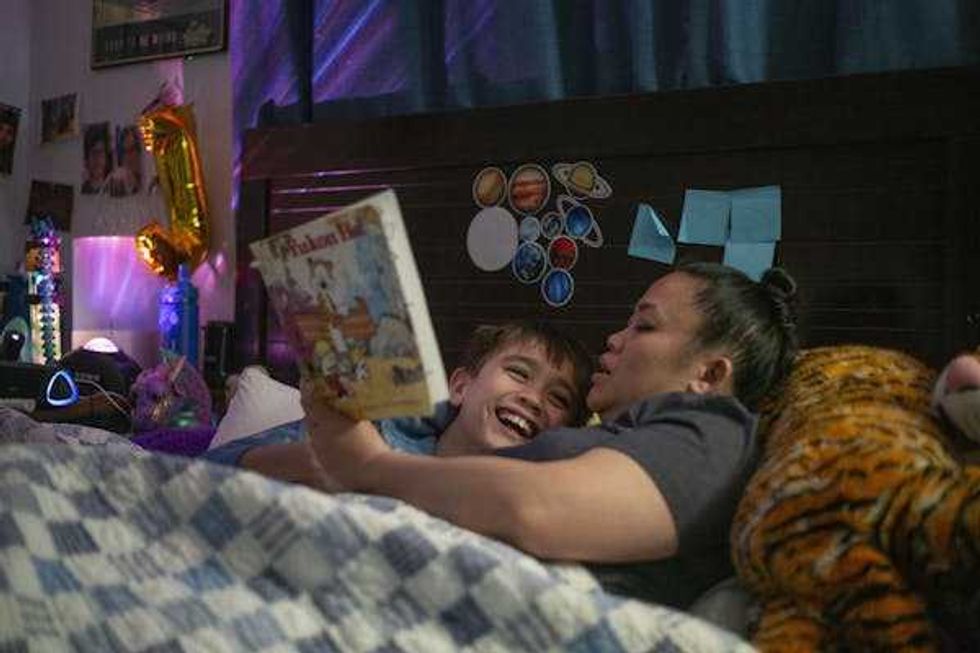 Christy Lam-Julian, a mother in Pinole, Calif., reads to her son in April 2025.
Christy Lam-Julian, a mother in Pinole, Calif., reads to her son in April 2025. Children who read bedtime stories with their parents are likely to benefit from a boost in creativity – especially if they consider questions about the books.
Children who read bedtime stories with their parents are likely to benefit from a boost in creativity – especially if they consider questions about the books.